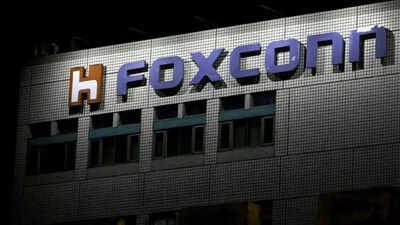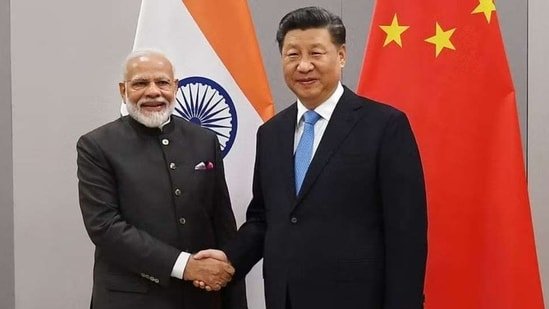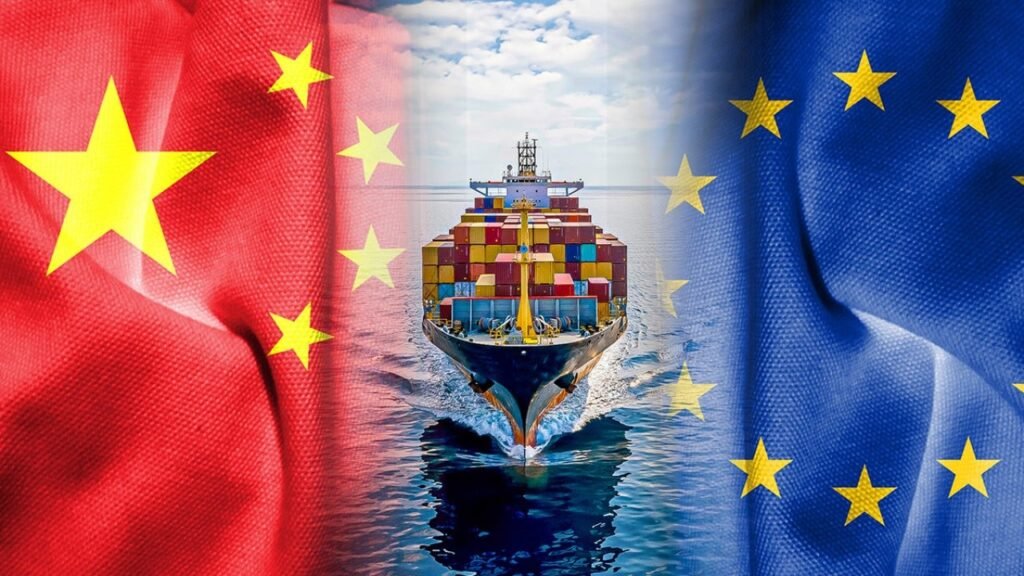An Nvidia chip is seen through a magnifying glass in Beijing, China, on August 1, 2025.
Vcg | Visual China Group | Getty Images
Nvidia has asked some of its component suppliers to stop production related to its made-for-China H20 general processing units, as Beijing cracks down on the American chip darling, The Information reported Friday.
The directive comes weeks after the Chinese government told local tech companies to stop buying the chips due to alleged security concerns, the report said, citing people with knowledge of the matter.
Nvidia reportedly has asked Arizona-based Amkor Technology, which handles the advanced packaging of the company’s H20 chips, and South Korea’s Samsung Electronics, which supplies memory for them, to halt production. Samsung and Amkor did not immediately respond to CNBC’s request for comment.
A separate report from Reuters, citing sources, said that Nvidia had asked Foxconn to suspend work related to the H20s. Foxconn did not immediately respond to a request for comment.
In response to an inquiry from CNBC, an Nvidia spokesperson said “We constantly manage our supply chain to address market conditions.”
The news further throws the return of the H20s to the China market in doubt, after Washington said it would issue export licenses, allowing the chip’s exports to China — whose shipment had effectively been banned in April.
Last month, the Cyberspace Administration of China had summoned Nvidia regarding national security concerns with the H20s and had asked the company to provide information on the chips.
Beijing has raised concerns that the chips could be have certain tracking technology or “backdoors,” allowing them to be operated remotely. U.S. lawmakers have proposed legislation that would require AI chips under export regulations to be equipped with location-tracking systems to avoid their illegal shipments.

Speaking to reporters in Taiwan on Friday, Nvidia CEO Jensen Huang acknowledged that China had asked questions about security “backdoors,” and that the company had made it clear they do not exist.
“Hopefully the response that we’ve given to the Chinese government will be sufficient. We’re in discussions with them,” he said, adding that Nvidia had been “surprised” by the queries.
“As you know, [Beijing] requested and urged us to secure licenses for the H20s, for some time and I’ve worked quite hard to help them secure the licenses, and so hopefully this will be resolved,” he said.
Nvidia in a statement on Friday said “The market can use the H20 with confidence.”
It added: “As both governments recognize, the H20 is not a military product or for government infrastructure. China won’t rely on American chips for government operations, just like the U.S. government would not rely on chips from China. However, allowing U.S. chips for beneficial commercial business use is good for everyone.”
Last month, Nvidia had reportedly sent notices to major tech companies and AI developers urging them against the use of the H20s, in what first had appeared as a soft mandate. The Information later reported that Beijing had told some firms, including ByteDance, Alibaba and Tencent, to halt orders of the chips altogether, until the completion of a national security review.
It had been seen as a major win for Nvidia when Huang announced last month that the U.S. government would allow sales of the company’s H20 chips to China.
However, the national security scrutiny the H20s are now facing from the Chinese side, highlights the difficulties of navigating Nvidia’s business through increasing tensions and shifting trade policy between Washington and Beijing.
Chip industry analysts have also said Beijing’s actions appear to reinforce its commitment to its own chip self-sufficiency campaigns and its intention to resist the Trump administration’s plan to keep American AI hardware dominant in China.





